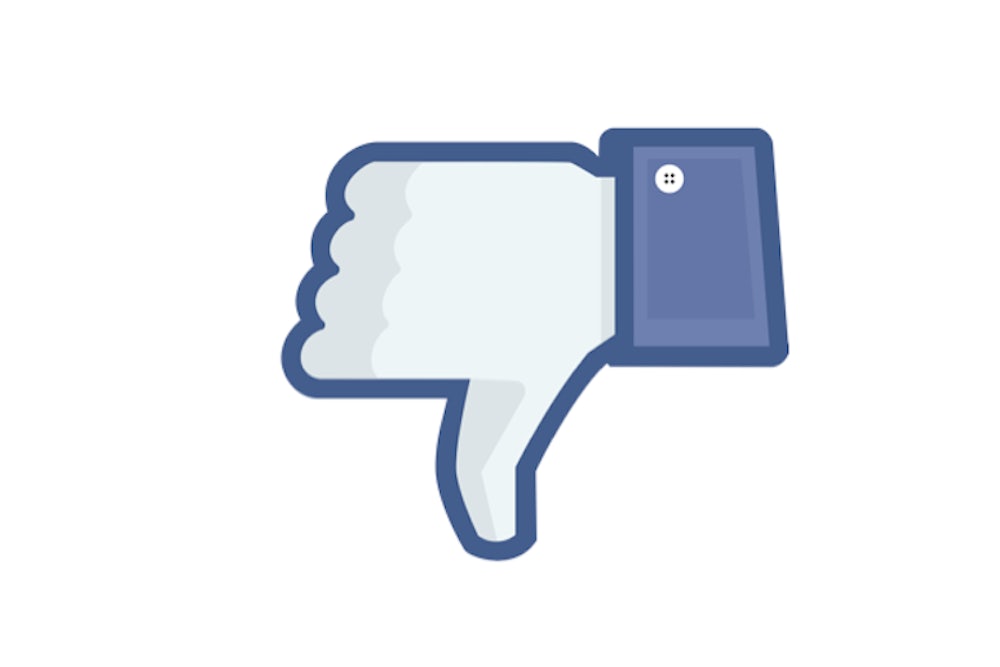In Saul Bellow's novel Herzog, the title character, the bewildered and confounded intellectual Moses Herzog, is constantly dramatizing his distress by firing off imaginary letters to great people living and dead. "Dear General Eisenhower, In private life perhaps you have the leisure and inclination to reflect on matters for which, as Chief Executive, you obviously had no time," Herzog will reflect; or, "Dear Doktor Professor Heidegger, I should like to know what you mean by the expression 'the fall into the quotidian.' When did this fall take place? Where were we standing when it happened?" The comedy of these letters is the comedy of thwartedness, of ineffectuality: Herzog's complex, idealistic thoughts about the state of the nation or human nature will never reach their recipients, since these letters are purely internal, never meant to be put on paper. It's a brilliant fictional technique, in Bellow's hands, because it allows him both to demonstrate Herzog's mental agility and to make it the object of humane comedy.
Looking at my Facebook feed lately, I've wondered if social media is turning us all into a nation, a planet, of Herzogs. One of the distinctive literary forms that Facebook and Twitter have birthed is the letter of complaint addressed to everyone and no one—a list of grievances that will never reach its intended target. “Dear person sitting next to me, Stop smacking your gum. It's annoying. Sincerely the annoyed person sitting next to you,” says one. “Dear Spirit Airlines: I FUCKING HATE YOU WITH EVERY OUNCE IN MY BODY,” another writes. And though it may not sound like it from these examples, this kind of letter of complaint is often quite eloquent and well thought-out—it's written not just as a crabby grunt, but as a fantasy of effective complaint. All of us fantasize rhetorically—rhetoric, T.S. Eliot said in an essay on Othello, is the way we talk when we are listening to ourselves talk, being impressed by our own language. And this kind of Facebook rhetoric allows us to deliver the cutting insult, the outraged rebuke, the detailed catalogue of wrongs, that we are all mulling over in our heads much of the time. A letter to the people who have wronged us, posted in public for all to see—what a wonderful invention!
Except that the people who are seeing it are never the people to whom it is ostensibly addressed. Spirit Airlines isn't checking your Facebook feed to see if your bags got lost, and the man next to you on the train won't stop his loud cellphone conversation because you wrote him a letter on your wall. This is a form of complaint that accomplishes nothing, that is designed to avoid genuine conflict, which might come about if we actually got up and spoke the words we confide to the keyboard. These letters are, in a new and pure sense of the words, passive-aggressive: passive in the face of reality and aggressive in the fantasy-space of the Internet.
When you think about it, this is an odd posture to assume in front of our friends, even our Facebook "friends." Our complaint is meant to put us in the right and some other guilty party in the wrong; but because we are complaining to our friends, not the guilty party, the effect is to make us appear powerless. This is the letter we would send, the tone implies, if only—if only we could afford to antagonize our colleague, if only we thought the faceless corporation would respond, if only etiquette didn't make it impossible to confront a stranger. In this sense, it operates as a safety valve, increasing the passivity it implicitly laments—just as Moses Herzog's angry unsent letters did. What would happen if, instead of turning to Facebook to complain about ill-treatment, we actually went out and did something about it? What if all those unsent letters were turned into e-mails? It would be an angrier world, but perhaps a more well-adjusted one.
